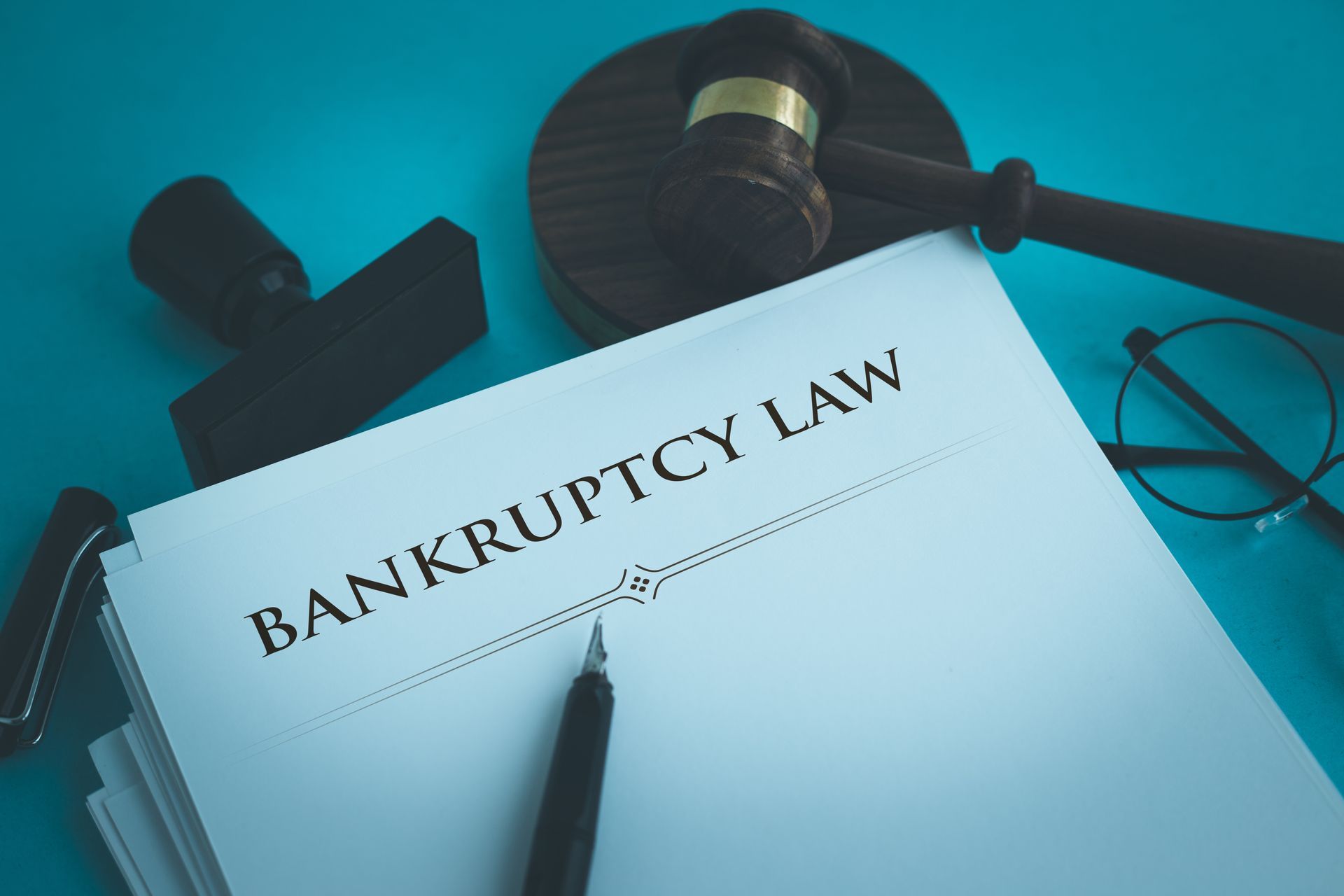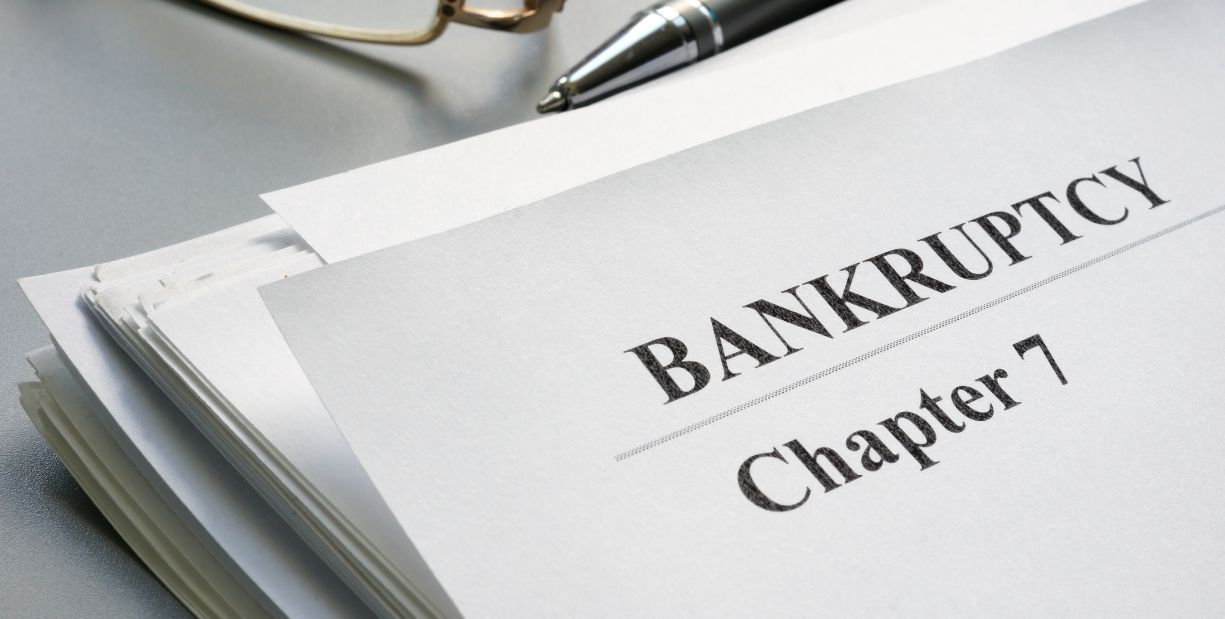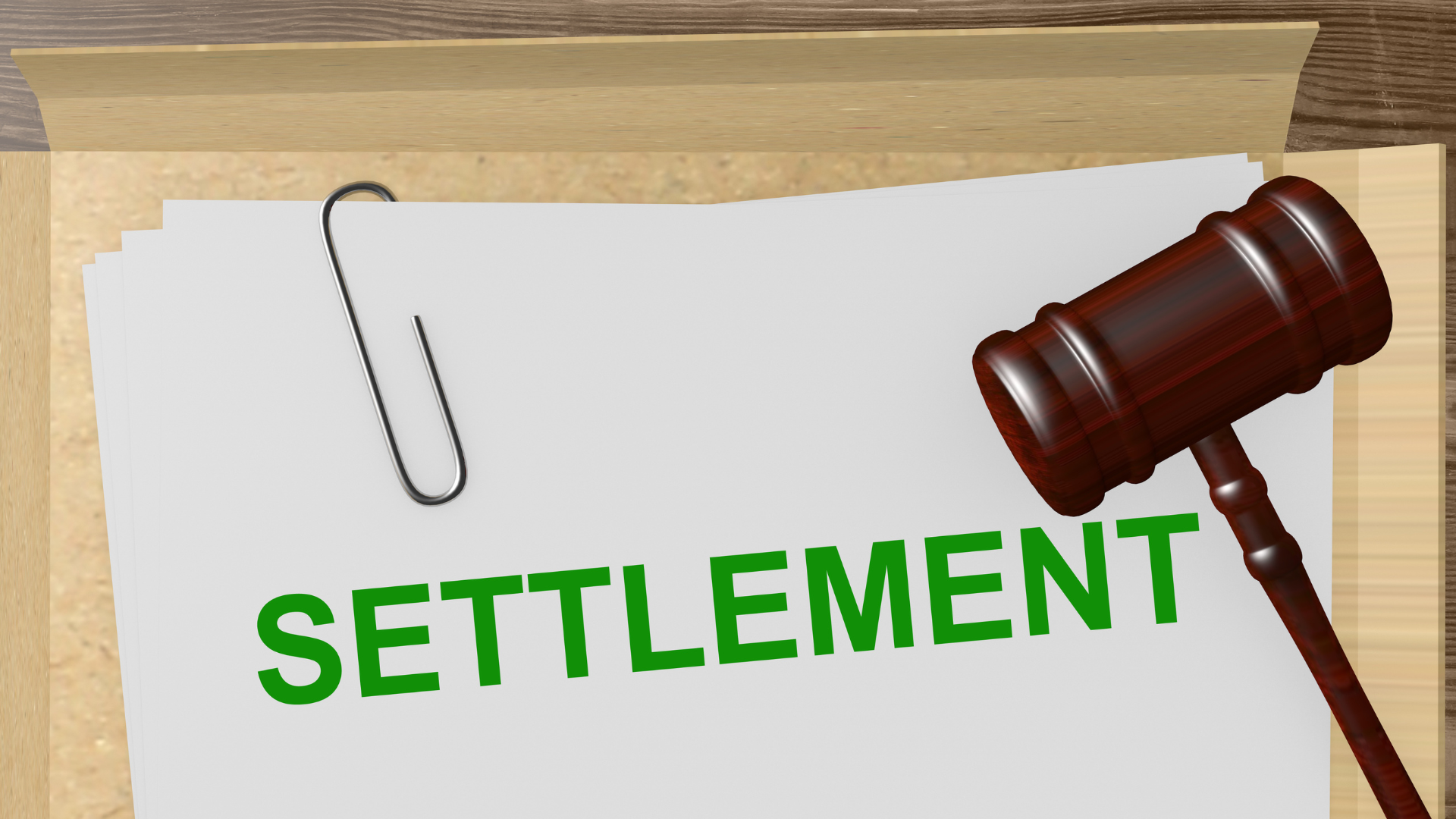When Is Chapter 7 Bankruptcy Discharged?
When Is Chapter 7 Bankruptcy Discharged?

But when is Chapter 7 bankruptcy discharged, and what does that mean for your financial future?
In this post, the attorneys at J. Singer Law Group explain the timeline, the conditions for discharge, what happens before and after, and how to protect your rights through the process.
What Is a Chapter 7 Bankruptcy Discharge?
A Chapter 7 discharge is a court order that eliminates your personal liability for most unsecured debts, such as:
- Credit card balances
- Medical bills
- Personal loans
- Utility bills
- Collection accounts
When Does Chapter 7 Bankruptcy Get Discharged?
Typical Timeline:
In most cases, your Chapter 7 bankruptcy discharge will occur about 60 to 90 days after the Meeting of Creditors (341 meeting). Here’s how the process generally works:What Can Delay a Discharge?
Although most discharges happen smoothly, certain issues can delay or block it entirely:
1. Creditor Objections
A creditor may file a complaint if they believe you incurred a debt through fraud or misrepresentation (e.g., running up credit cards before filing).2. Trustee Investigation
If the trustee suspects hidden assets, transfers, or undervalued property, they may delay the discharge until those issues are resolved.3. Failure to Complete Required Courses
You must complete a debtor education course after filing. If you don’t file your certificate of completion, your discharge will be denied or delayed.4. Errors in Your Filing
Mistakes in your bankruptcy petition can lead to continuances, corrections, or even case dismissal.What Happens After the Chapter 7 Discharge?
After the discharge:
- You’re no longer legally required to repay discharged debts
- The court will mail you a discharge order, notifying you and your creditors
- Your credit report will reflect that the debts have been discharged (usually within 30–60 days)
- Your case is closed, unless litigation, asset sales, or other matters are still pending
How the Discharge Affects You
The discharge provides legal and financial relief:
- Stops all collection calls and lawsuits
- Gives you a clean slate for most debts
- Lets you begin rebuilding your credit
- Review your credit report for accuracy
- Avoid taking on new unaffordable debt
- Rebuild credit gradually through secured cards or responsible credit use
Chapter 7 Discharge vs. Case Dismissal
It’s important to not confuse a discharge with a dismissal .
How J. Singer Law Group Can Help
At J. Singer Law Group, we help New Yorkers navigate Chapter 7 bankruptcy from start to finish—with a focus on:
- Ensuring your petition is properly prepared
- Protecting your rights at the 341 meeting
- Helping you complete all required courses
- Making sure your discharge happens as quickly and smoothly as possible
Bankruptcy doesn’t have to be overwhelming. With the right legal team, it can be a powerful tool for long-term financial recovery.
Frequently Asked Questions (FAQ)
1. How long does it take to get a Chapter 7 discharge?
Most Chapter 7 discharges happen 60 to 90 days after the 341 meeting, or roughly 3–4 months after filing the case.2. Can my discharge be denied?
Yes. Reasons may include fraud, failure to disclose assets, or not completing the required debtor education course.3. Do I need a lawyer to get a discharge?
While you can file pro se, an attorney helps ensure the process is handled correctly, increasing the likelihood of a fast and complete discharge.4. Will all my debts be discharged?
No. Some debts—like student loans, recent taxes, child support, and criminal fines—are generally not dischargeable under Chapter 7.5. What happens if a creditor tries to collect after discharge?
That’s a violation of the discharge order. You can take legal action, and the creditor may be subject to fines or sanctions.Final Thoughts
So, when is Chapter 7 bankruptcy discharged? Typically, about two to three months after your creditors’ meeting, assuming you’ve met all the requirements. The discharge is your official fresh start—but the process leading up to it matters just as much.
If you're considering bankruptcy in New York or need help completing the process, the team at J. Singer Law Group is here to guide you with professionalism and experience.
Contact us today to schedule a confidential consultation and take the first step toward financial relief.











